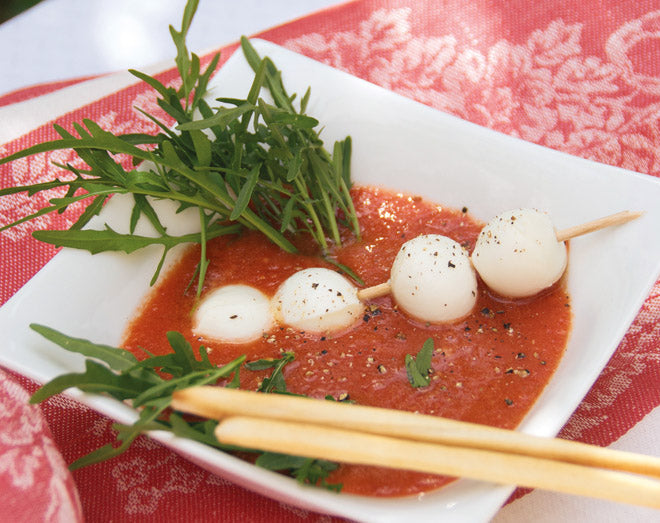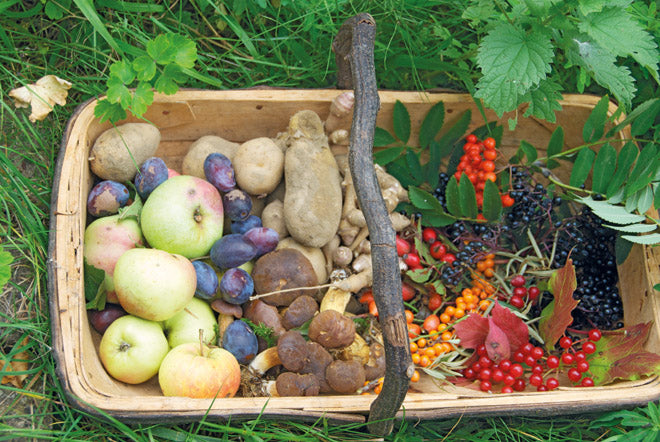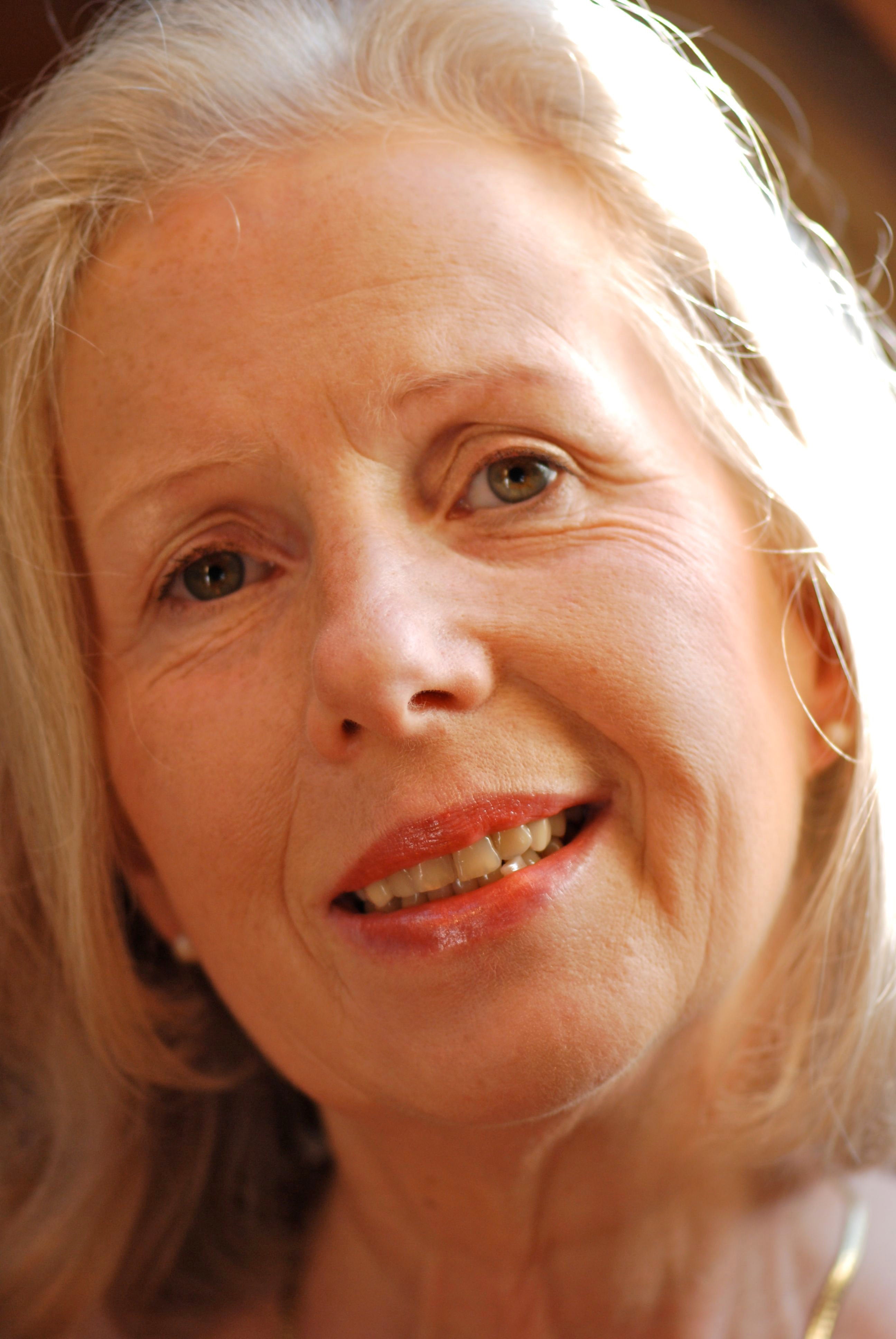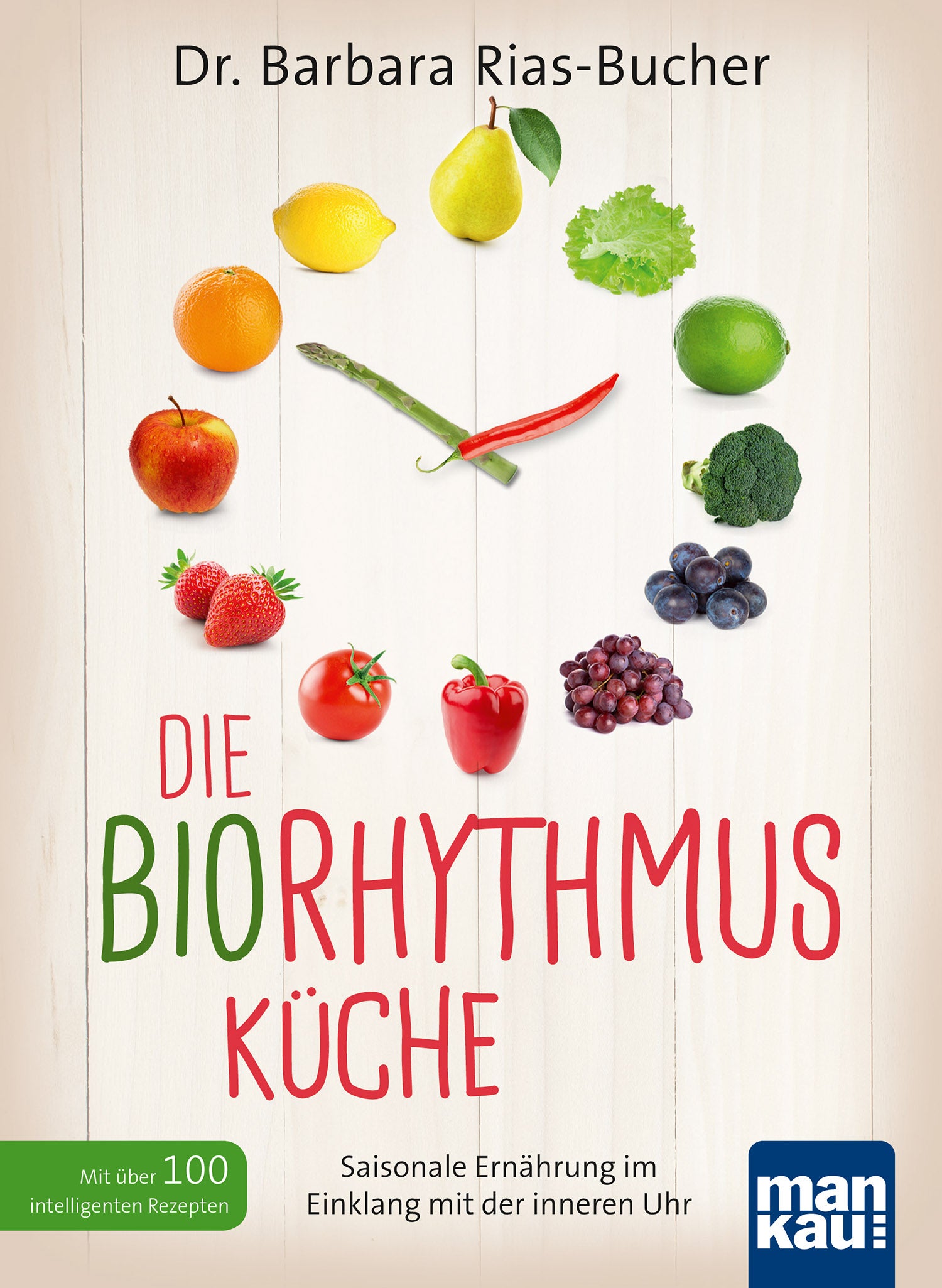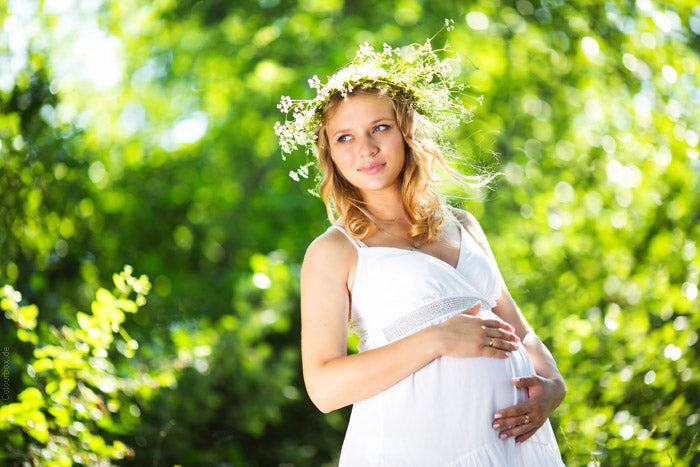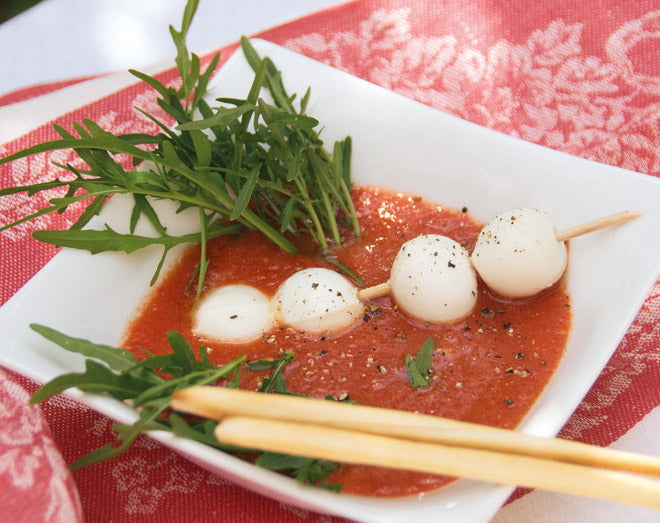
Enjoy naturally, authentically and responsibly
Enjoy naturally, authentically and responsibly
The new guide “Biorhythm Kitchen” makes you want to eat seasonal food in harmony with nature
The new guide by renowned nutrition expert Dr. Barbara Rias Bucher focuses entirely on the natural daily and annual rhythms in which the human organism is embedded. Refined recipes for spring, summer, autumn and winter meet the needs of the metabolism and represent healthy and sustainable enjoyment.
Show mindfulness and appreciation
Cooking and eating in the rhythm of life should actually be a matter of course, but we humans have largely forgotten how to pay attention to what is really good for us. The well-known nutrition expert and cookbook author Dr. Barbara Rias-Bucher therefore recommends a biorhythm cuisine that includes three basic principles:
Firstly, when choosing and preparing our food, we should consider the balance between man and nature. Secondly, food should be seen as a precious gift from nature that should not be wasted or spoiled. Thirdly, we should be mindful of ourselves by staying healthy through fresh, authentic food, through individually possible self-sufficiency and through regular exercise. "Precisely because we live in a time in which everything is available in abundance, we urgently need to return to our roots and show mindfulness towards ourselves, our fellow human beings and the environment," says the author.
Nutrition according to the internal clock
Those who cook and enjoy their food according to their biorhythm are unconsciously following mechanisms that molecular biologists are able to identify with increasing precision: the cells of all living things contain so-called oscillators that influence what happens in the organism. They determine how fast the metabolism runs, when we want to eat and what we feel like eating. The oscillators, in turn, are set into vibration by timers, and the strongest of these timers is light. The amount of light steadily increases and decreases a little over the course of the day and the year. And our biorhythm also vibrates in the rhythm of the light.
We should therefore definitely listen to our timekeepers when it comes to our daily diet. The internal clock ensures health, fitness and well-being. Our organism likes regular routines, and it is by no means old-fashioned to stick to both our individual sleep rhythm and three fixed main meals. Humans should therefore be viewed as a "natural product": "Only with this awareness can we eat in harmony with our biorhythm, mobilize our resources and recognize our own potential - in short: lead a happy life."
Enjoy healthier throughout the year
In addition to this internal clock, there are other rhythms that determine life, such as the cycle of the seasons, which is celebrated in all cultures: At Easter, nature awakens, the summer solstice means strength and climax, and Thanksgiving represents the fullness of life. Advent should be the quiet time of expectation, while the winter darkness is illuminated with candlelight and the glow of lights at Lucia, Christmas and Candlemas.
Of course, our organism also adapts to the seasons: in spring, the metabolism is more active than in the dark season, so detoxification and purification work best now. In the bright summer, we switch to an increased activity mode. Autumn is initially a phase of consistent well-being with a plentiful supply of food. Only when the light noticeably decreases does the biorhythm slow down and the mood of many people becomes darker. The "biorhythm kitchen" offers a wealth of seasonal recipes and valuable information that is tailored to both individual needs and the natural diet.
Book tip:
Dr. Barbara Rias-Bucher: The Biorhythm Kitchen. Seasonal nutrition in harmony with the internal clock. Paperback, 16 x 22 cm; full color, 222 pages, 17.95 euros (D) / 18.50 euros (A), ISBN 978-3-86374-278-2.
Link recommendations:
- More about the guide "The Biorhythm Kitchen"
- Reading sample in PDF format
- More about the author Dr. Barbara Rias-Bucher
- Internet forum with Dr. Barbara Rias-Bucher
